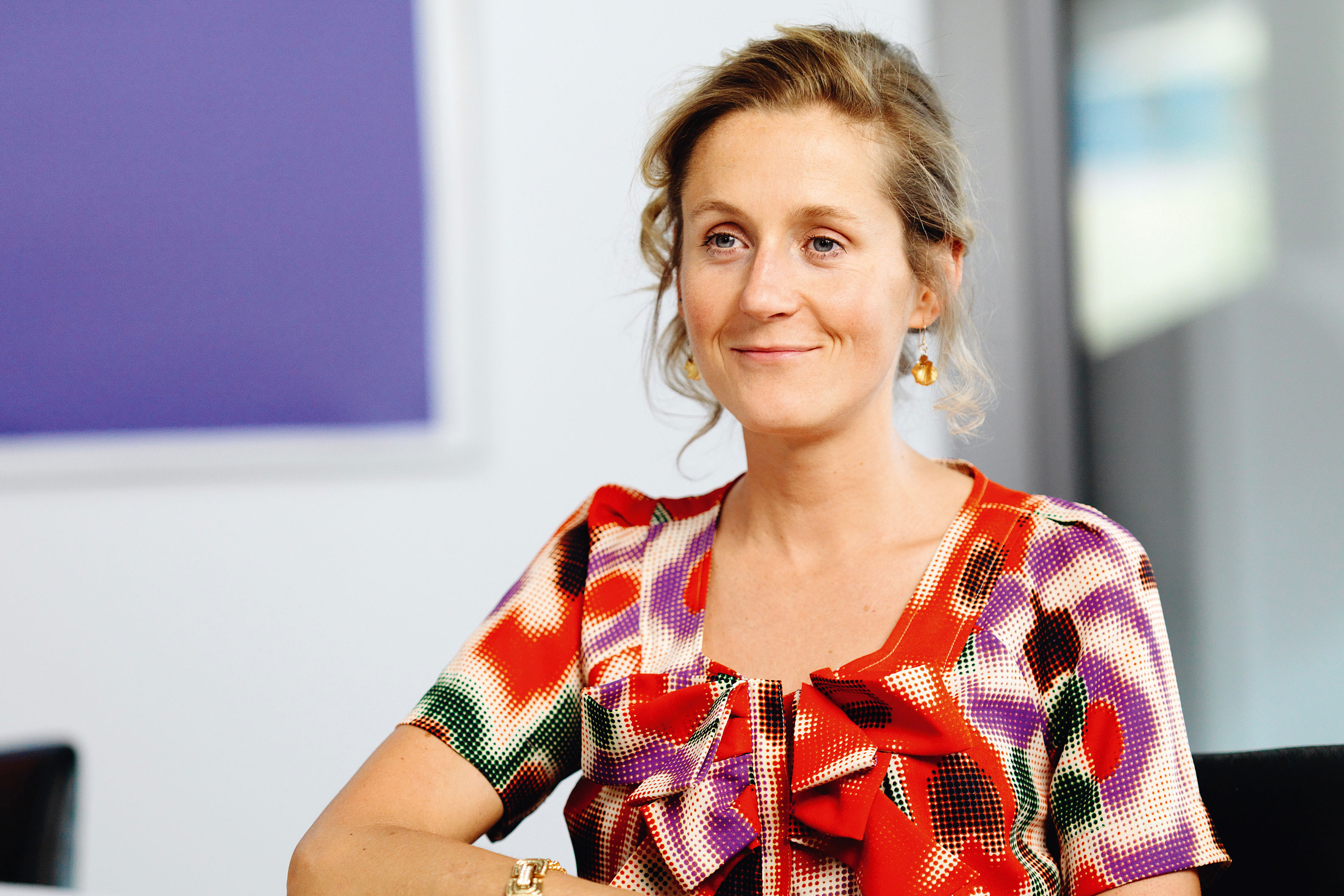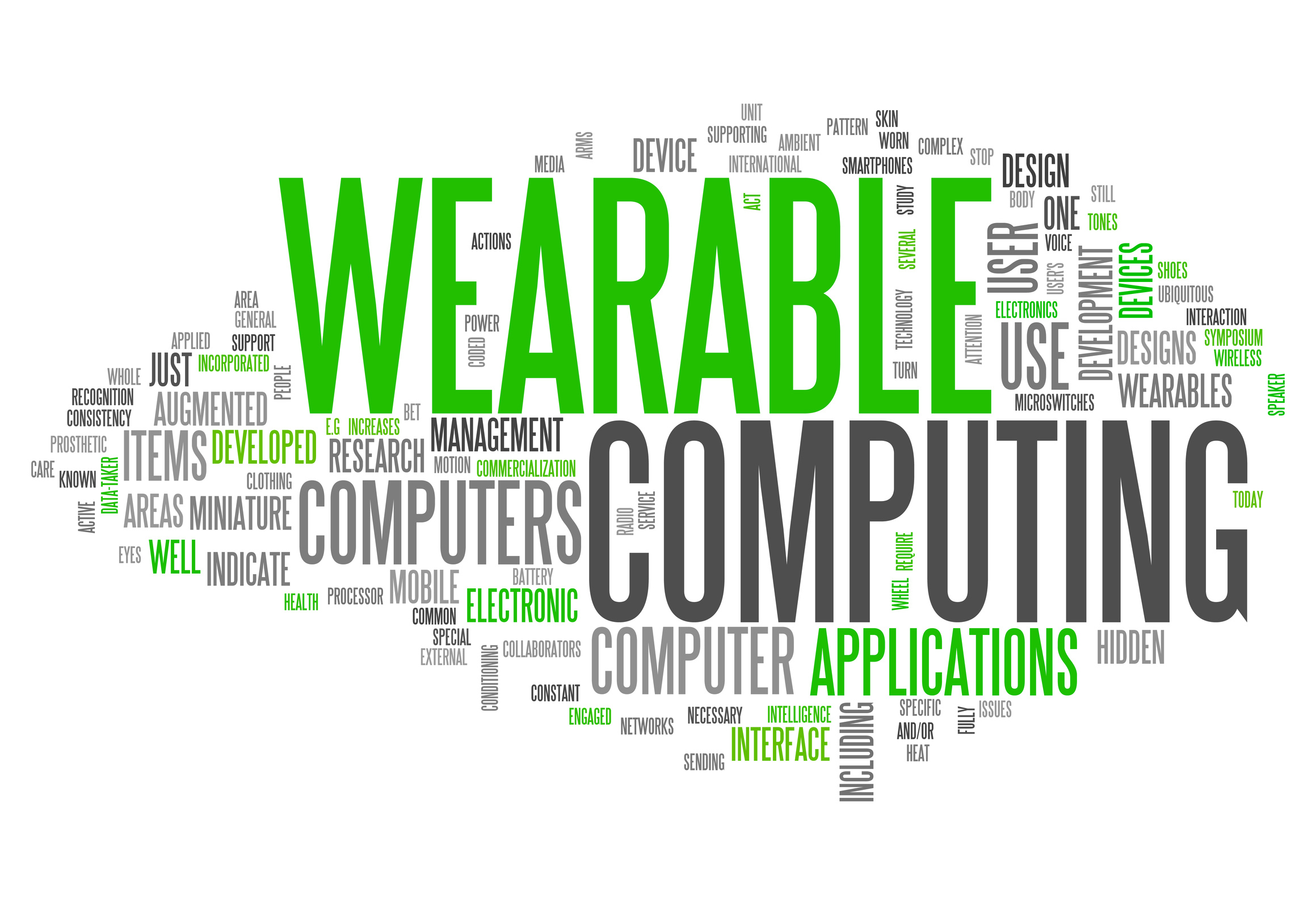Healthcare wearables could ease burden on NHS
Experts suggest that the Internet of Things could help with patient overcrowding


Healthcare wearables could be the answer to an overburdened NHS, experts told attendees at Paris' Connected Conference 2016.
Medical services across the globe are becoming increasingly stretched, and nowhere is this more evident than in Britain, where health secretary Jeremy Hunt has been battling over junior doctors' pay and conditions for months.
Patients are having to wait longer and longer before seeing a doctor, but Graham Rittener, founding partner of Zinc, said that the answer to this problem could lie in wearable devices and the Internet of Things.
He agreed that the NHS is having trouble coping with the current demand placed on it. "It's creaking," he said; "it's struggling". The system is overtaxed, he explained.
"A huge part of that is actually at the GP level, where you've got people going to GPs for any sort of ache, pain, whatever... That's one area where we could really help with things like wearables."
According to Julian Penders, co-founder and COO of healthcare wearable company Bloom, another key area for wearables is the elimination of the healthcare industry's spiralling costs.
"There's too much cost spend in hospital, too much cost spend in current healthcare," he said. "It has to change, but it cannot change through the existing channels."
Sign up today and you will receive a free copy of our Future Focus 2025 report - the leading guidance on AI, cybersecurity and other IT challenges as per 700+ senior executives
A move towards pro-active, preventative healthcare, where patients take ownership of their own health, could really help eliminate hospitals' spending, Penders argued.
"Not every single person can be treated by a doctor," he pointed out. "There's no bandwidth for that." He reassured that wearables are "not cutting out the doctor... we're just being more efficient in using the doctor for what he's good at, which is treatment."
Adam Shepherd has been a technology journalist since 2015, covering everything from cloud storage and security, to smartphones and servers. Over the course of his career, he’s seen the spread of 5G, the growing ubiquity of wireless devices, and the start of the connected revolution. He’s also been to more trade shows and technology conferences than he cares to count.
Adam is an avid follower of the latest hardware innovations, and he is never happier than when tinkering with complex network configurations, or exploring a new Linux distro. He was also previously a co-host on the ITPro Podcast, where he was often found ranting about his love of strange gadgets, his disdain for Windows Mobile, and everything in between.
You can find Adam tweeting about enterprise technology (or more often bad jokes) @AdamShepherUK.
-
 The modern workplace: Standardizing collaboration for the enterprise IT leader
The modern workplace: Standardizing collaboration for the enterprise IT leaderHow Barco ClickShare Hub is redefining the meeting room
-
 Interim CISA chief uploaded sensitive documents to a public version of ChatGPT
Interim CISA chief uploaded sensitive documents to a public version of ChatGPTNews The incident at CISA raises yet more concerns about the rise of ‘shadow AI’ and data protection risks
-
 This tech company wants to pay staff to look after their mental and physical wellbeing
This tech company wants to pay staff to look after their mental and physical wellbeingNews Hot on the heels of its four-day week trial, tech company Thrive is offering staff new incentives to take care of their mental and physical wellbeing.
-
 Microsoft patents tech to combat employee stress
Microsoft patents tech to combat employee stressNews Based on biometric data, the patented technology computes an employee’s "anxiety score"
-
 NHS hires Martha Lane Fox to boost patients’ use of digital technologies
NHS hires Martha Lane Fox to boost patients’ use of digital technologiesNews Baroness of Soho will develop proposals on improving digital adoption for NHS users
-
 You'll need a prescription for Google's next health wearable
You'll need a prescription for Google's next health wearableNews Google has revealed a health-tracking wristband that may only be available via your GP
-
 How wearables and Wi-Fi could save the NHS billions
How wearables and Wi-Fi could save the NHS billionsNews NHS England eyes technology upgrade to help it tackle predicted £22 billion funding gap
-
 Wearable Technology Show 2015: That was the show that was
Wearable Technology Show 2015: That was the show that wasIn-depth We round up the most interesting products from London's wearables expo
-
 10 inventions & discoveries looking to change the world
10 inventions & discoveries looking to change the worldIn-depth From turning sewage into water to the development of the hoverboard. What have we got to look forward to?
-
 Wearable tech & the risk it poses to enterprise data
Wearable tech & the risk it poses to enterprise dataIn-depth Davey Winder explains why IT directors need to wise-up about including wearables in their organisation's BYOD security policies
